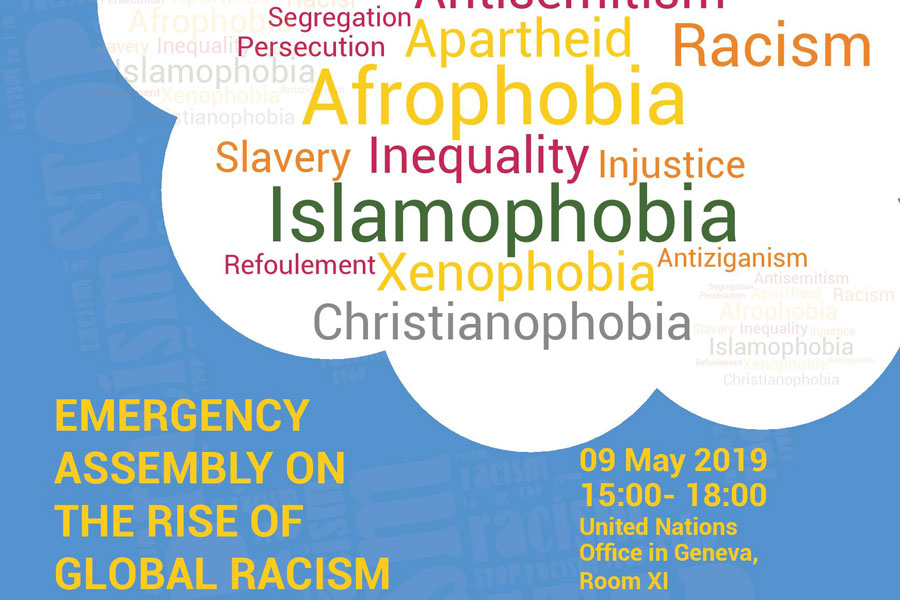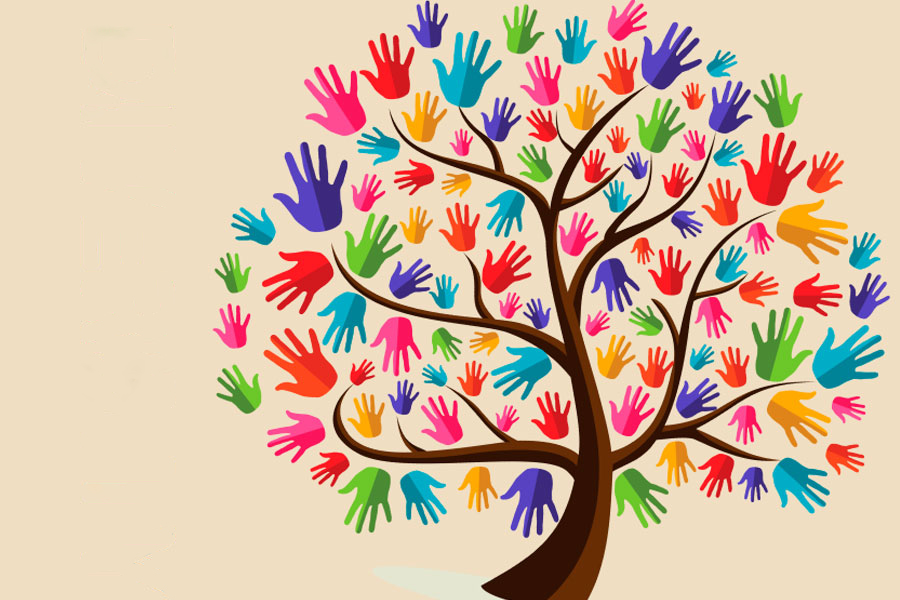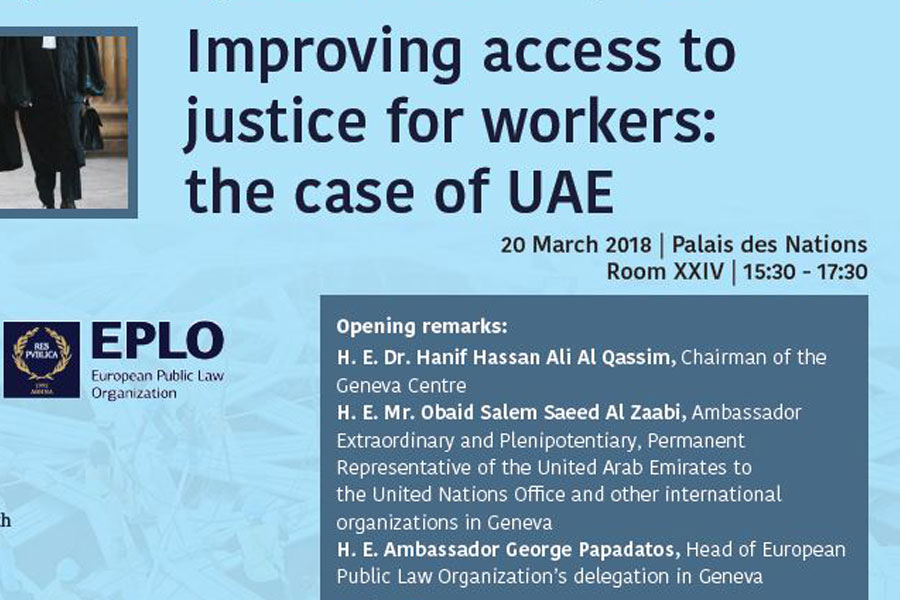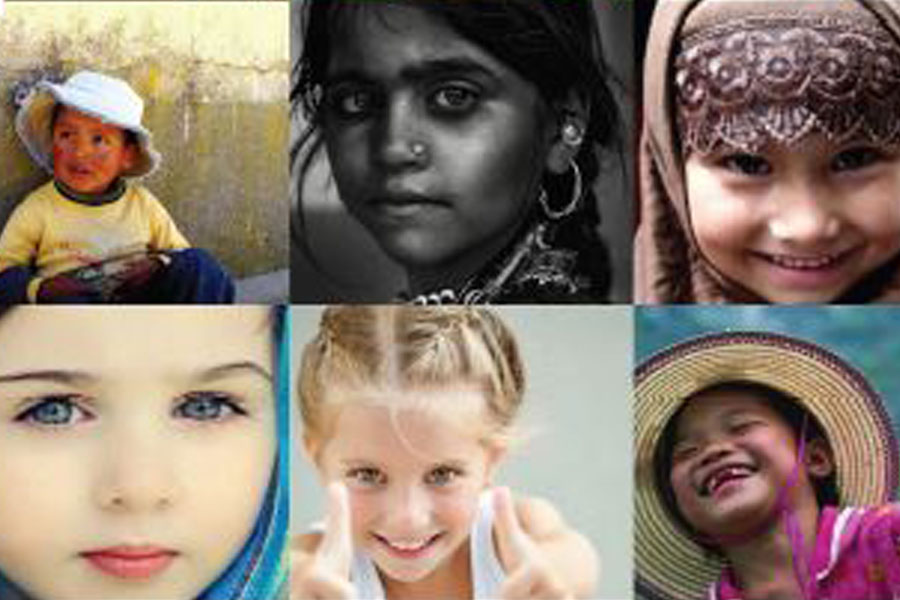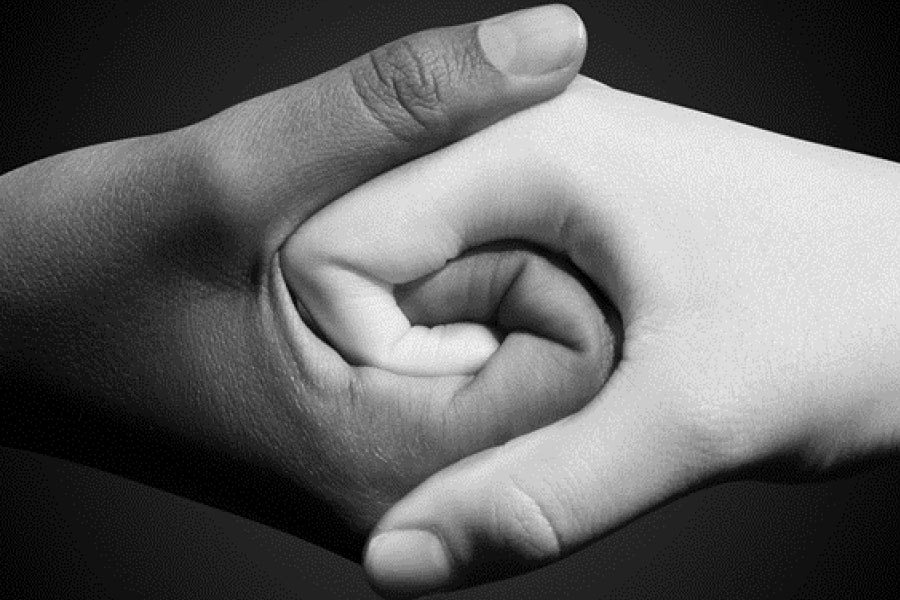IT IS OF VITAL IMPORTANCE TO SPREAD A CULTURE OF TOLERANCE IN ALL ITS DIMENSIONS. SUCH A CULTURE SHOULD NOT BE LIMITED TO RELIGIOUS TOLERANCE BUT SHOULD ALSO INCLUDE ACCEPTANCE AND RESPECT OF DIFFERING POLITICAL OPINIONS, NON-DISCRIMINATION IN SOCIETY WITH REGARD TO ETHNICITY, GENDER, EDUCATION AND EMPLOYMENT.
This spirit of tolerance, which is not one of reluctant acceptance but rather one of authentic recognition of specificities and celebration of human diversity, should also reach out to various segments of the population such as refugees, migrants, disabled persons and indigenous peoples. A number of the Geneva Centre’s events focus on addressing the fundamental question of finding the ways and means to restore tolerance, to move even beyond this notion which connotes a certain degree of reluctance, towards a state where there is full and equal acceptance of all, characterized by empathy and a celebration of diversity.


